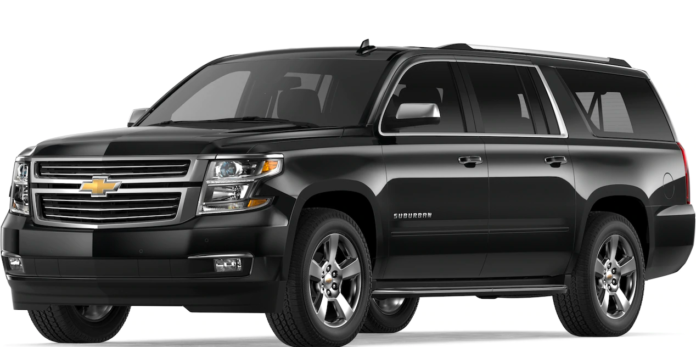This is Scott Amyx with today’s Climate Change flash briefing.
My wife has always liked SUVs. It’s able to carry more people. She feels safer because it’s larger, heavier and and she’s seated up higher. It’s good for winter driving. It turns out that she’s not the only one enamored with SUVs.
There is an unstoppable appetite for SUVs worldwide. The rugged, off-road, gas-guzzler that America invented and the world now wants to drive are increasing global carbon emissions. Thanks to rising income level and lower gas prices, drivers in China, Australia and other countries are ditching their smaller sedans for bigger cars. For the first time, SUVs and crossovers made up more than one in three cars sold globally last year, almost tripling their share from just a decade ago.
But there’s a big downside to driving SUVs. Transportation accounts for an estimated 14 percent of global greenhouse gas emissions, with cars and trucks making up the biggest share.
The global SUV boom is a roadblock towards cleaner cars. Why? SUVs are also less likely to go electric soon, with only a handful of full electric SUVs in the market. There are technical hurdles to powering a larger car with batteries, and the perception among many automakers is that drivers of SUVs value power and performance, and they don’t want to be limited by the range of batteries. In the meantime auto makers are discontinuing smaller cars and sedans and ramping up their SUV lineup.
Fortunately for us, I was able to convince my wife to get a hybrid electric vehicle and we’re loving it for all the right reasons.
Stay tuned next time to find out about technologies that can combat climate change.


















